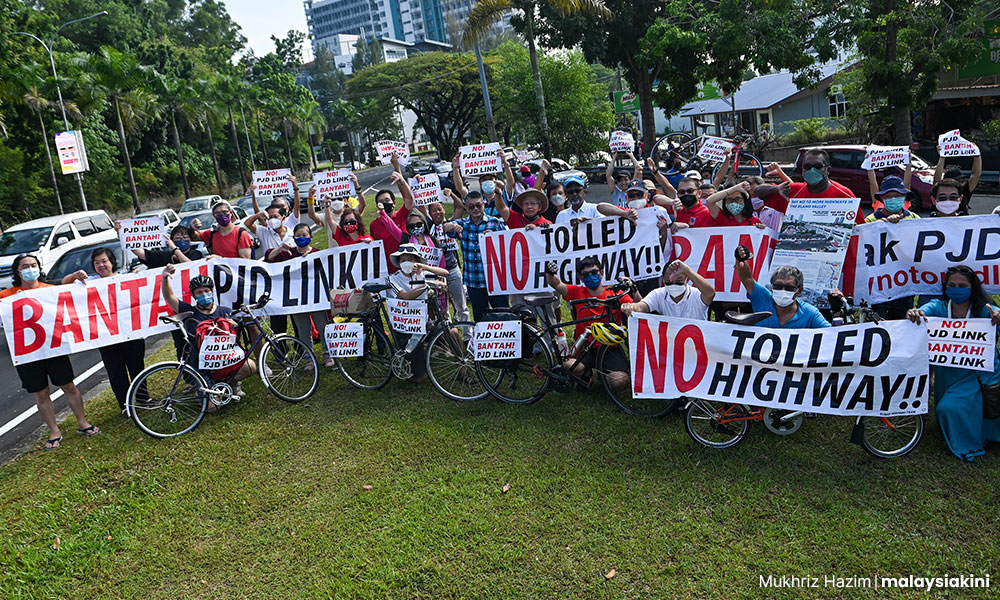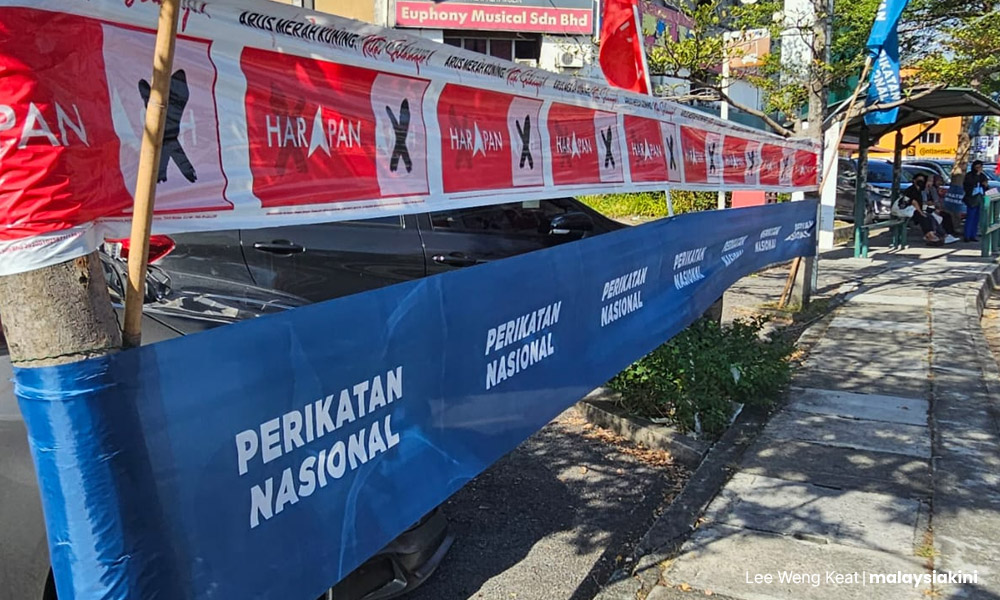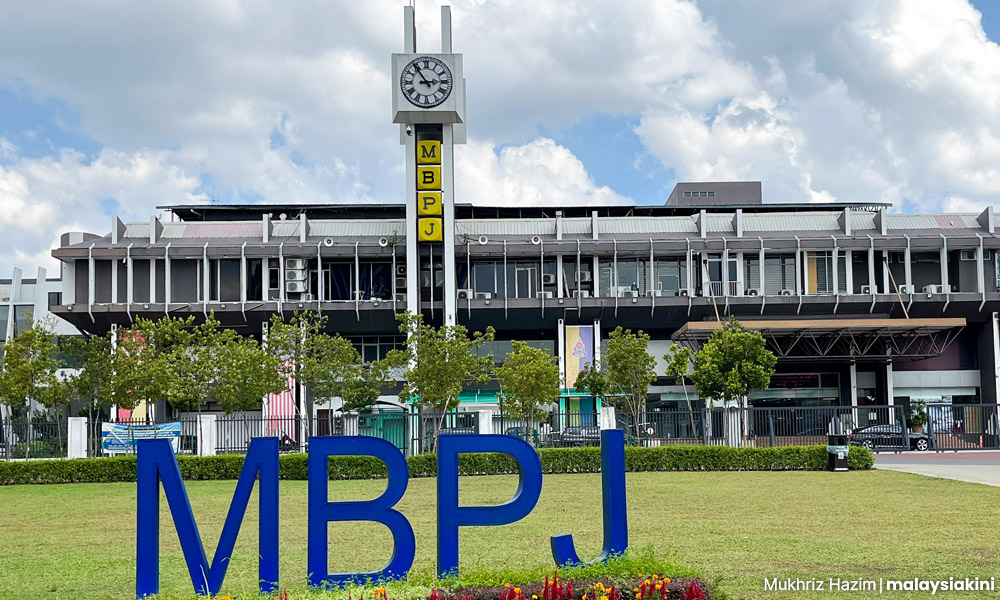In the last couple of weeks, several major announcements were made by government representatives.
They include the announcement of the Madani Economy RM100 handout to B40 and M40 Malaysians, the cancellation of the controversial PJD Link project, and news of a pending reduction in broadband prices.
Due to the clear proximity to the upcoming state elections, the usual complaints about election goodies and abuse of state powers have once again come up.
For many Malaysians, this is a regular occurrence during any election campaign.
These “election goodies” have always been a prominent part of incumbent campaigning in our local elections - handouts by governments and announcements of big projects or major policy decisions are often presented in the run-up to any election.
This is considered a problem because these announcements are often tailored to pander to voters during an election and are usually limited outside of elections.

It is seen as opportunistic and gives any government-affiliated parties a huge advantage in trying to attract voters.
This is a successful system simply because Malaysia has one major general election (GE) every five years, so major development announcements are often held back for the next major election or just not prioritised, leaving little progress in between.
For many rural communities, these goodies are often the only meaningful development - or, promises of development - they receive.
More frequent elections
Due to the current instability of the local political environment, state elections are a constant possibility, meaning such election goodies will be handed out more often and the government of the day has to work harder to provide them - and not just once every five years.
In the last three years alone, we’ve had at least one state election each year and each is often treated as a proxy challenge to the mandate of the federal government.

Political parties no longer feel they need to wait for GEs to try for office and that is our current reality.
And with each of these elections, government projects were thus announced and handouts were promised to the public.
Announcements of government projects can be strategically stalled or hastened, but the same cannot be said of handouts, which are not practical in the long run since they drain government cash reserves.
The beneficiary of these goodies is mainly poorer communities that are often dependent on these handouts to offset their cost of living issues.
In a way, these constant elections are forcing our governments to actually be more proactive in developing and supporting the less developed parts of the country as they will need to have such “election goodies” ready for any eventual election that comes up.
The more frequent elections occur, the more prudent all sitting governments must be as Malaysians will be cognisant of their current performance when voting.
A government that weaponises election goodies will have to be constantly and adequately prepared with development projects and policies, which ultimately benefit the rakyat.
So, instead of leaving it to chance or political machinations, it might be prudent to consider having elections on a more regular basis so as to ensure that the government is kept accountable on a shorter cycle rather than once every five years.
And there’s an easy way to accomplish that and change people’s mindsets: local council elections.
Local council elections
Local council elections would create a culture of elections as a standard and routine practice, meaning if the government of the day wants to entice voters, they will actually have to work for the needs and wants of voters because people will be voting more often.
The production of election goodies would actually be more consistent and distributed, and the government would be forced to follow through with its promises or risk affecting an impending election.

And so, the handouts would in effect serve their purpose (as proof of the government’s progress) rather than be seen as token abuses of power.
This also has the added potential effect of strengthening the federal government and reducing the opposition’s need to try to oust the sitting government whenever possible.
As the opposition has more opportunities to weaken the federal government (and vice versa) through these smaller elections, toppling the federal government through backdoor dealings becomes less appealing.
Thus, governments voted into power can be held accountable in the short term and opposition parties will get opportunities to challenge the federal government without upsetting the results of the last general election.
Ultimately, this benefits local communities and those in the margins who are often beneficiaries of these election goodies. - Mkini
Benjamin YH Loh is a Senior Lecturer at the School of Media and Communication at Taylor’s University, an Associate with the Asia Centre in Bangkok, and a Visiting Fellow with the ISEAS Yusof Ishak Institute in Singapore.
The views expressed here are those of the author/contributor and do not necessarily represent the views of MMKtT.




No comments:
Post a Comment
Note: Only a member of this blog may post a comment.